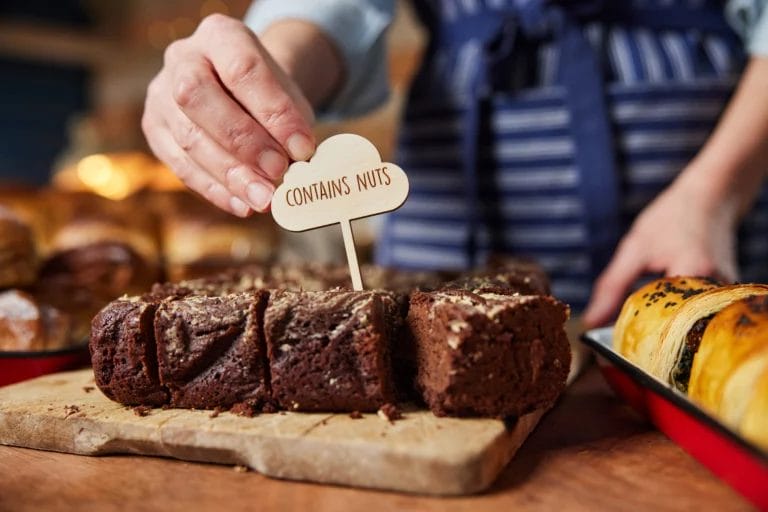
The Ultimate Food Product Liability Insurance Guide in 2026
Food product liability insurance is designed to cover third-party injury and property damage claims caused by your food or beverage product after it’s been sold.

Food product liability insurance is designed to cover third-party injury and property damage claims caused by your food or beverage product after it’s been sold.

Maryland has a rich culinary culture, especially when it comes to seafood (hello, blue crabs and Chesapeake Bay oysters). It’s that same passion for food

The fun part of starting a catering business? Developing your menu and your brand. The not-so-fun part? Permits and paperwork. Getting your catering license may
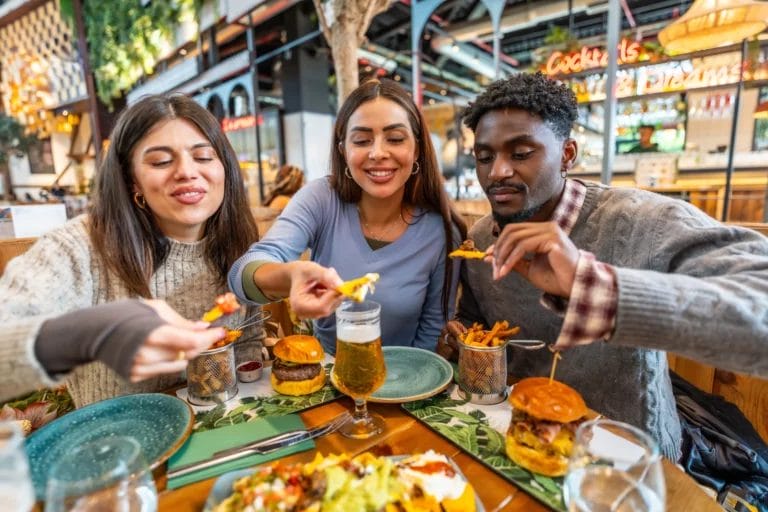
You’ve set your menu. You’ve picked suppliers. You’re so close to opening your doors for those first hungry customers… but wait! Are you forgetting something?
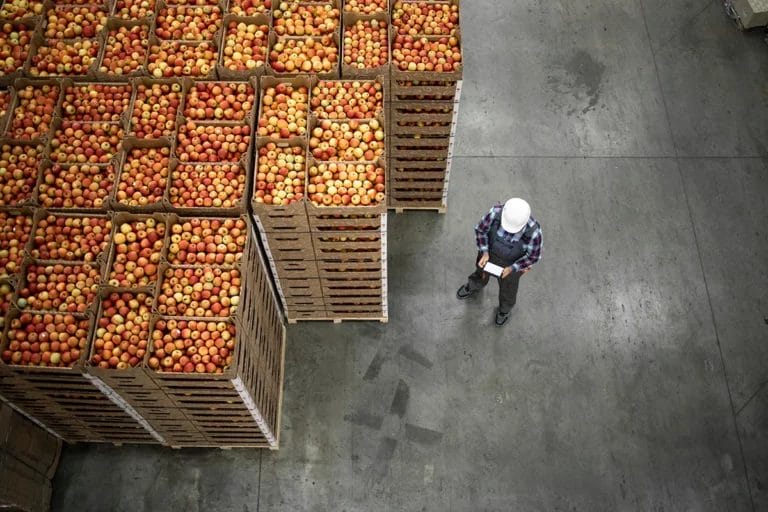
We’ve all seen the headlines: recalls for Salmonella-contaminated eggs, cinnamon with lead… the list goes on. Food product recalls are an unfortunate part of the

Known for its food truck-friendly atmosphere and diverse cuisine, the Bay State is an excellent place to launch your dream food truck business. From licenses

The hands-on nature of food and beverage businesses leaves you and your employees at risk of physical injury that could impact (or even prevent) your
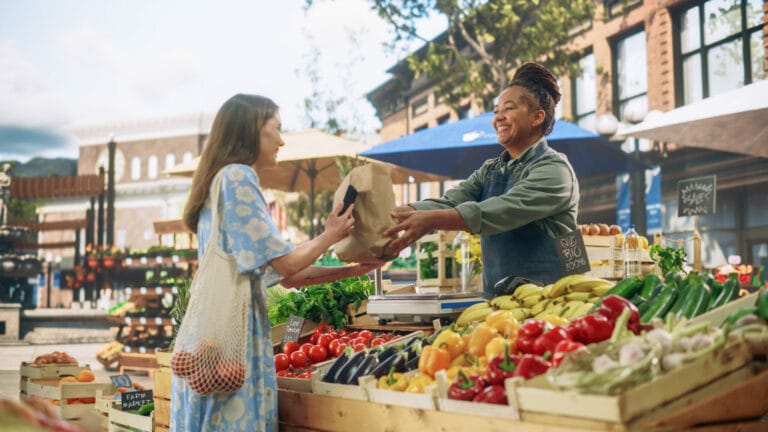
Farmers markets can feel idyllic — bountiful booths with fresh produce, locally made treats, and a sense of community you just can’t get at the

Are you excited to break into D.C.’s dynamic food truck scene? The mobile food vendors are as unique as the district itself, so buckle up

From the Philly cheesesteak to Hershey’s chocolate, Pennsylvania has a rich foodie history. It’s not surprising that The Keystone State is also a hub for
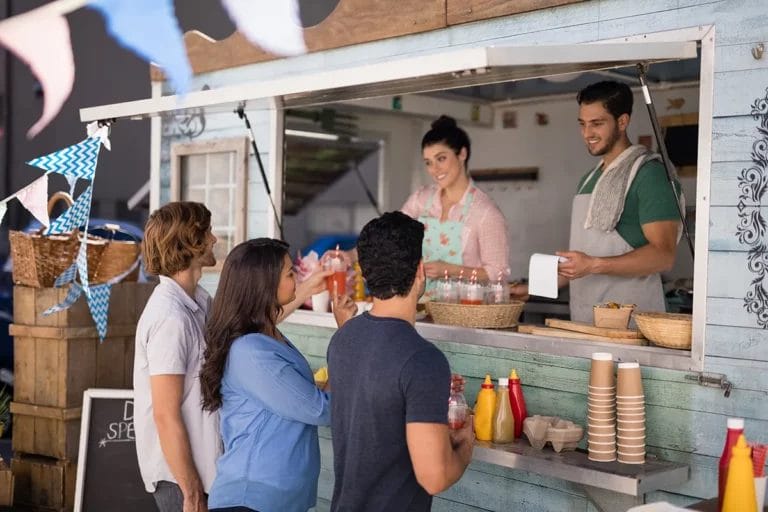
The Rocky Mountain State is a culinary hub for food trucks, with festivals across the state and a rapidly growing mobile food industry. For the

Every food and beverage business is at risk of facing a product recall, yet coverage for these incidents is hard to find. To meet this

With its thriving food truck scene and diverse customer base, the Old North State is a great place to start a mobile food business. But

With its rich culinary culture and growing food scene, Wisconsin is a great place to get your dream rolling. Starting a food truck in Wisconsin

Starting a food truck in the Land of 10,000 Lakes is an exciting and rewarding venture. However, you’ll need to apply for licenses, obtain the

A cybersecurity threat is any event or action that could damage your business’ computer systems, steal your data, or bring your operations to a halt

On July 16, 2025, CNBC named Veracity Insurance Solutions — Food Liability Insurance Program’s (FLIP’s) parent company — one of the World’s Top Fintech Companies
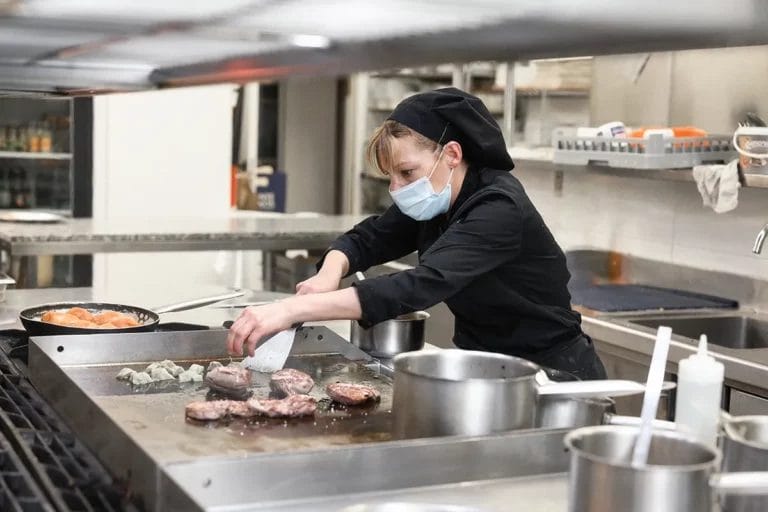
You’ve probably heard of workers compensation — or workers comp — before. These laws are designed to ensure employees injured on the job get the

Prepping to open your own catering company or researching ways to help your business rise? Let us help you get set! Turn your catering business

Are you ready to join Oklahoma’s thriving food truck scene? Before you hit the road, make sure you have the necessary permits, know the costs,
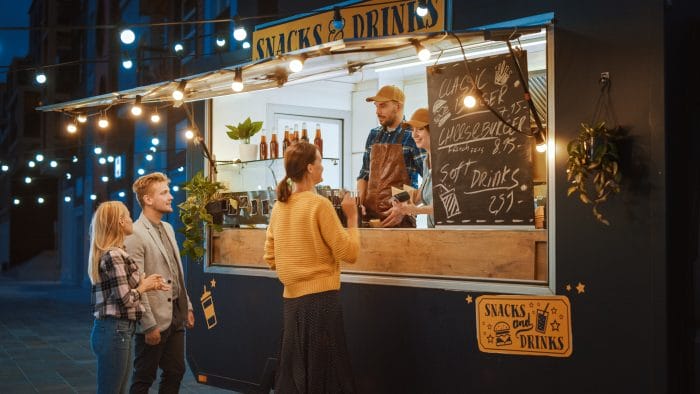
If you’re starting a food truck in the Evergreen State, you’re in for an exciting adventure. Of course, your journey starts with tasks like getting

House Bill 3430 is shaking things up for the South Carolina bar liquor scene — for the better. Among other changes, the new law could